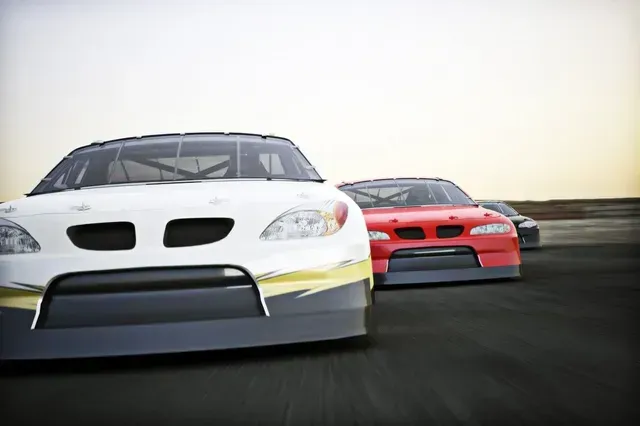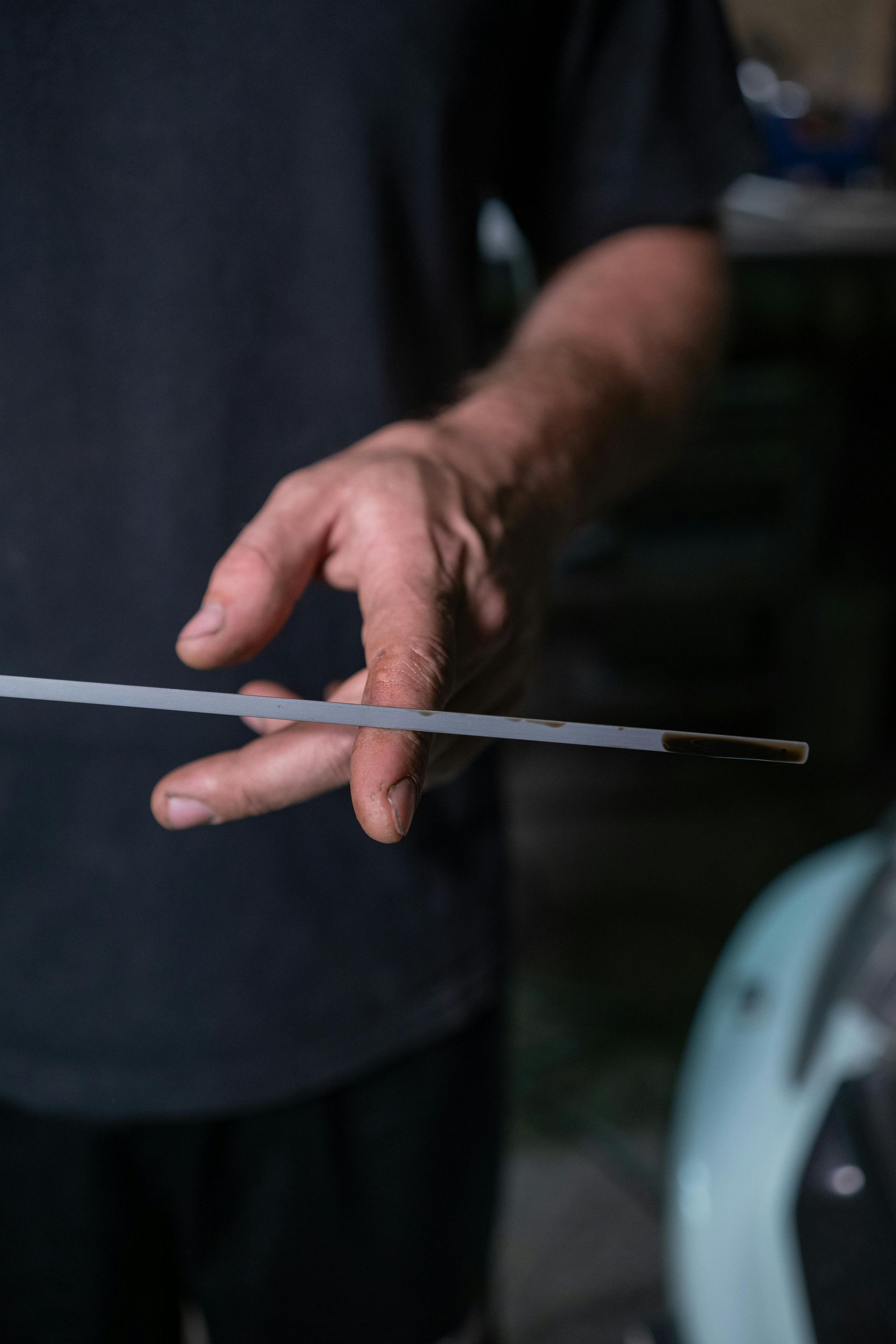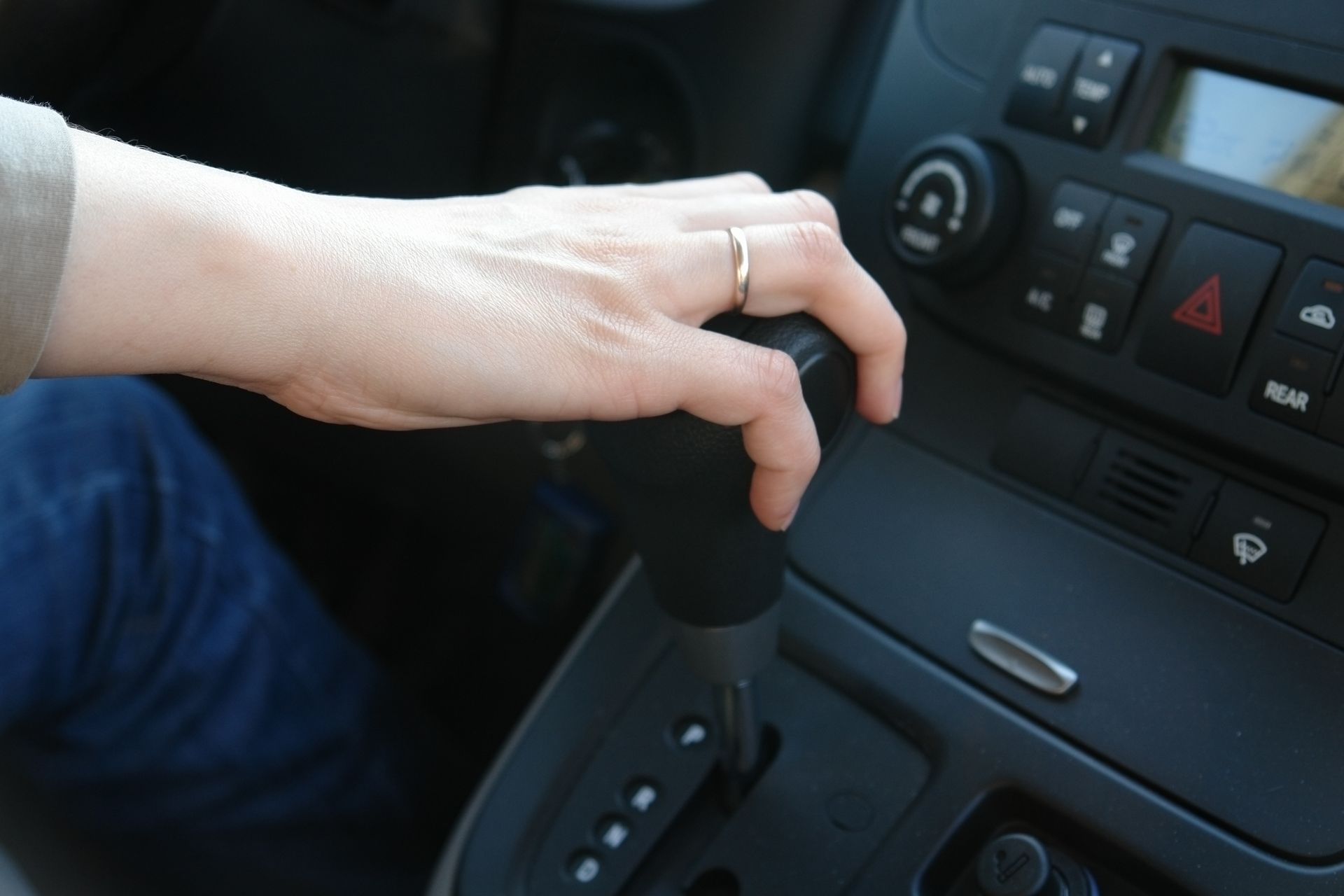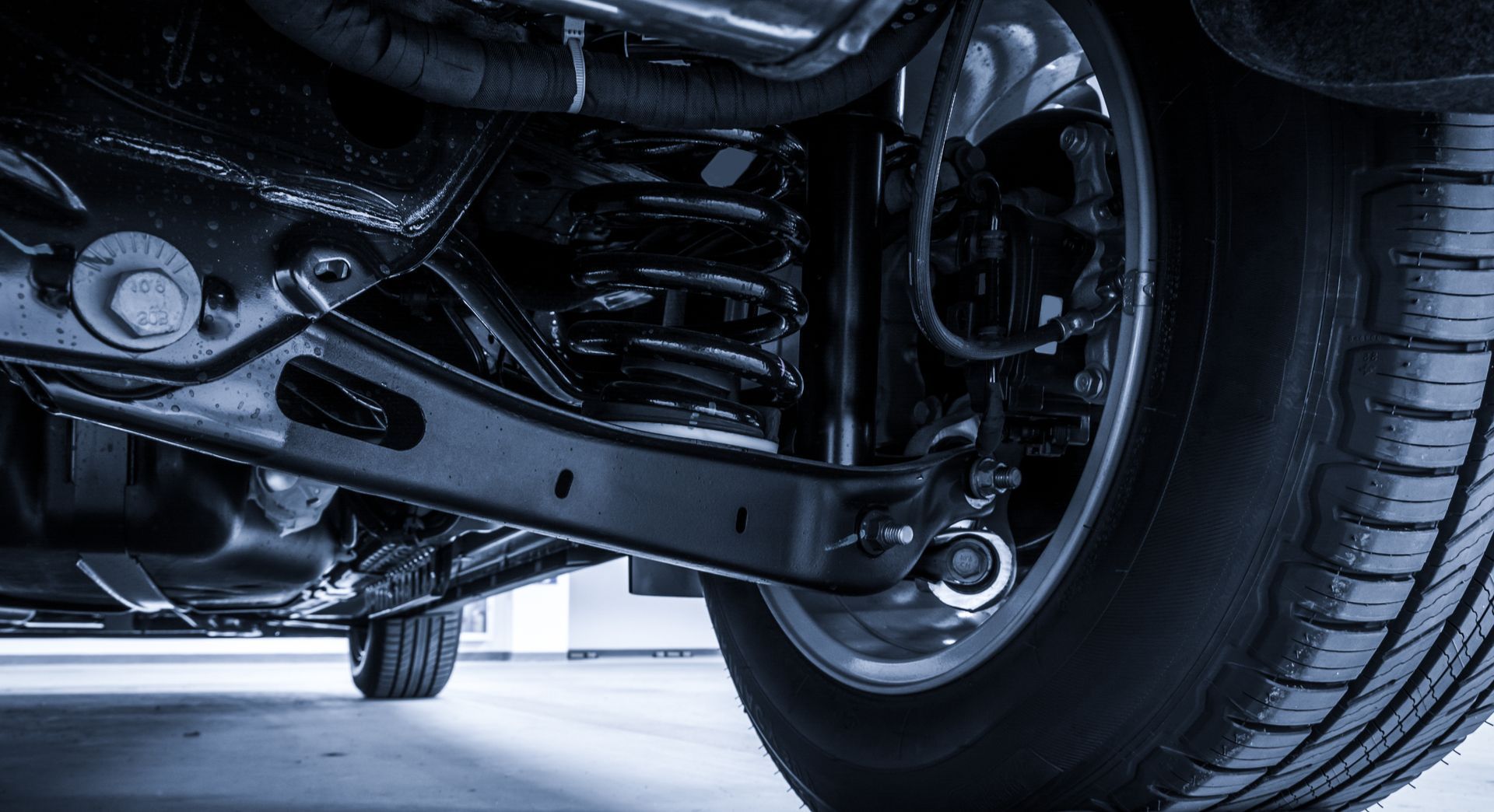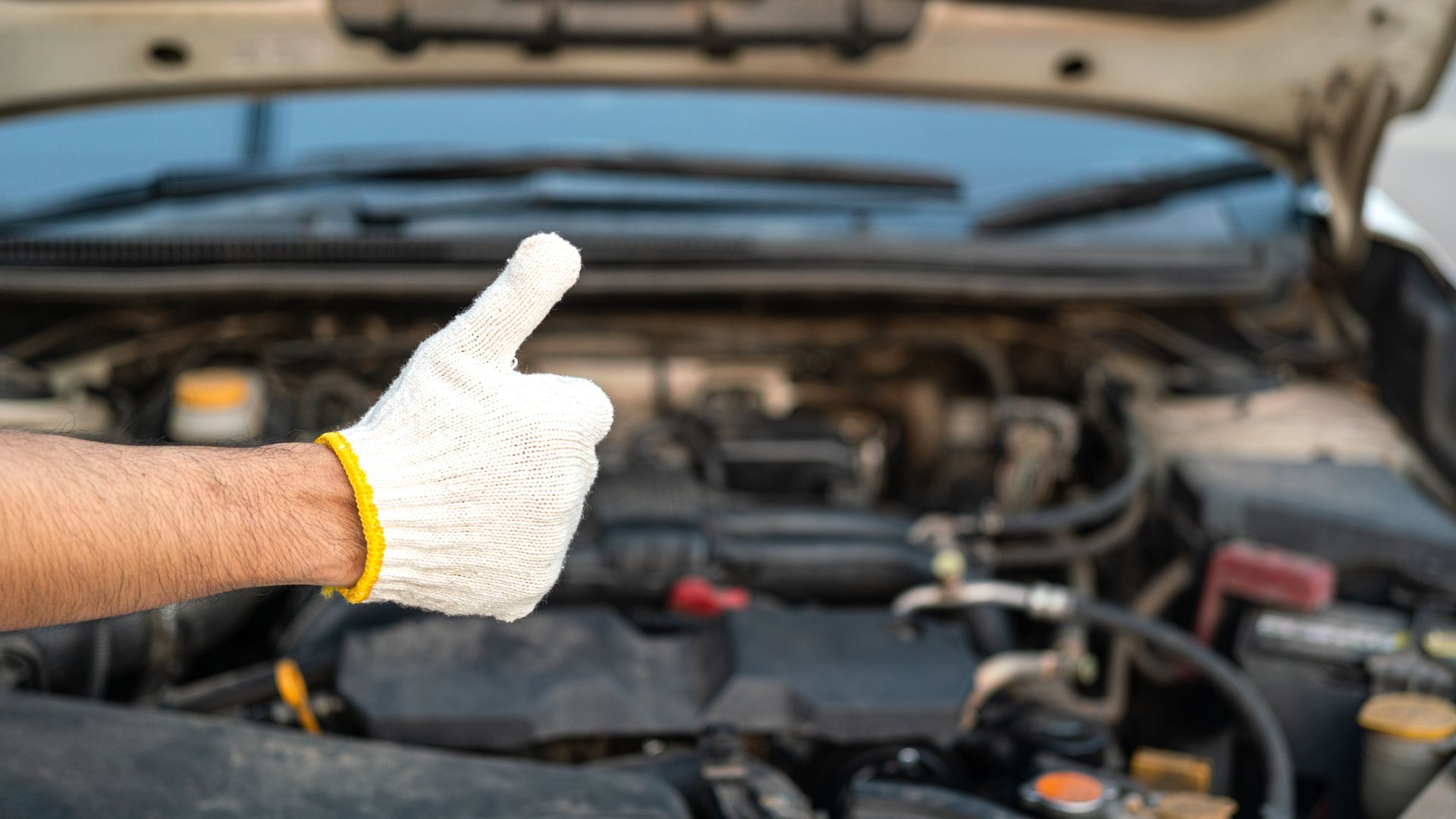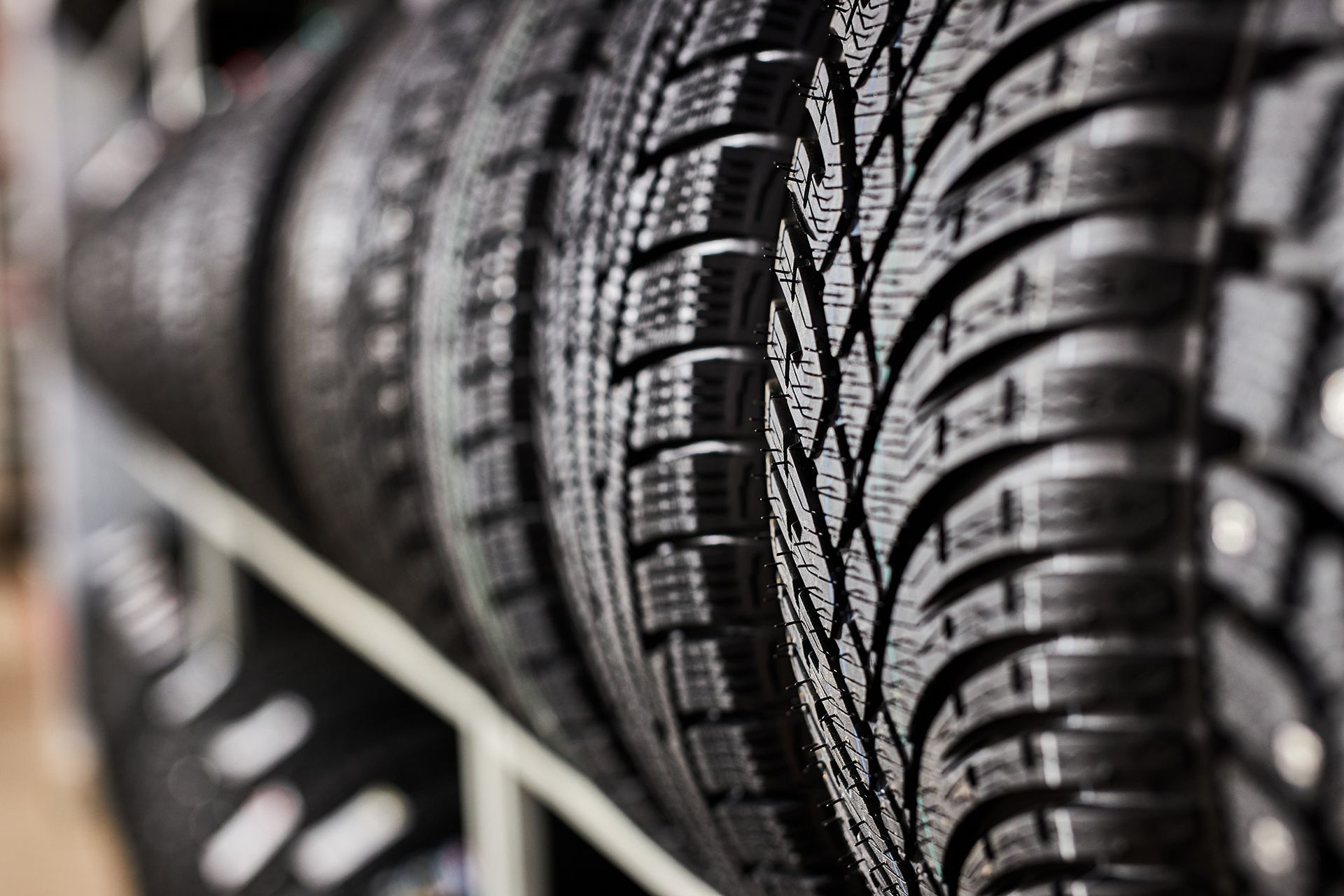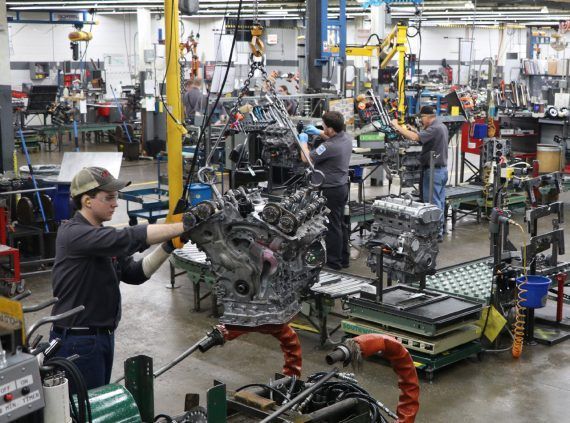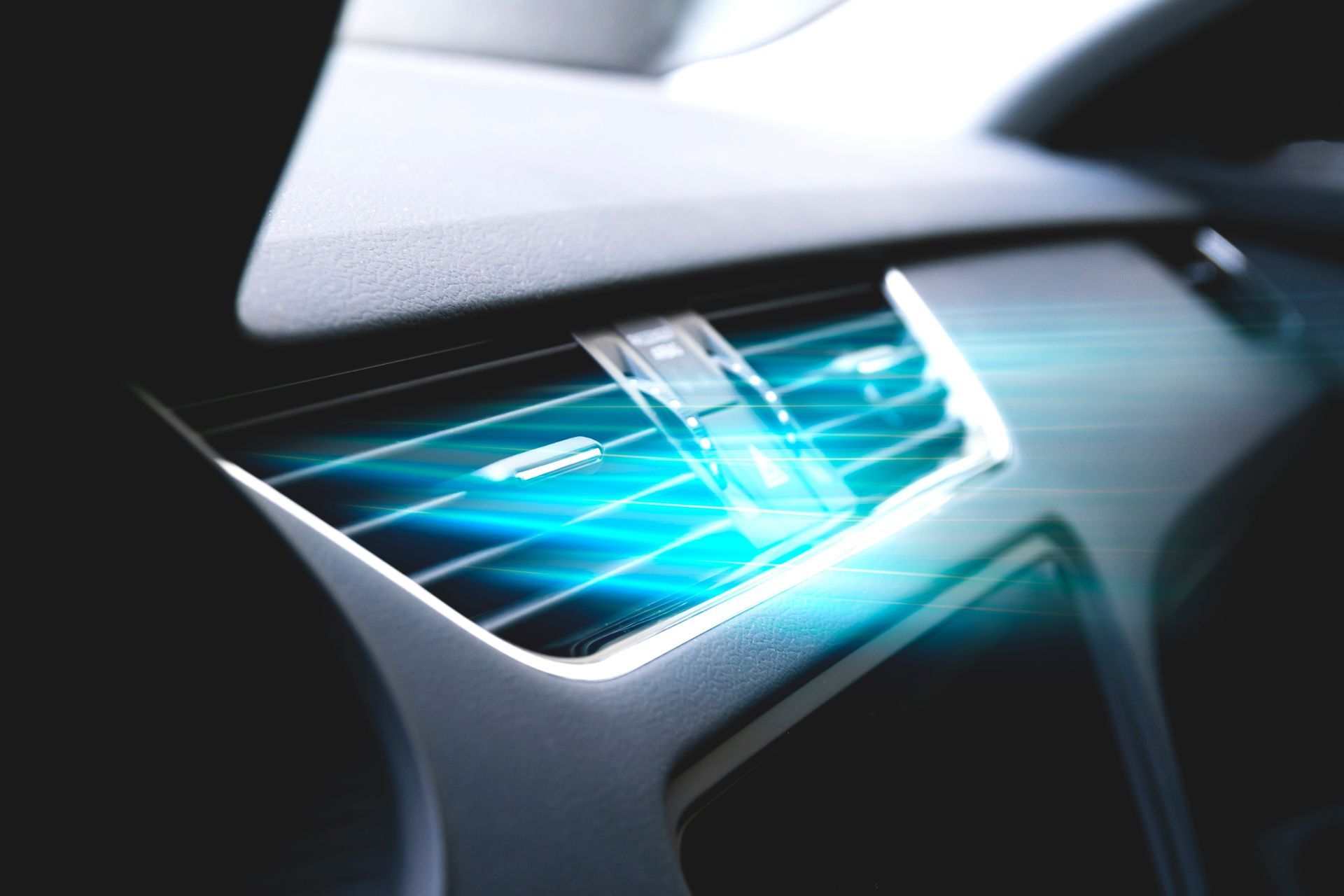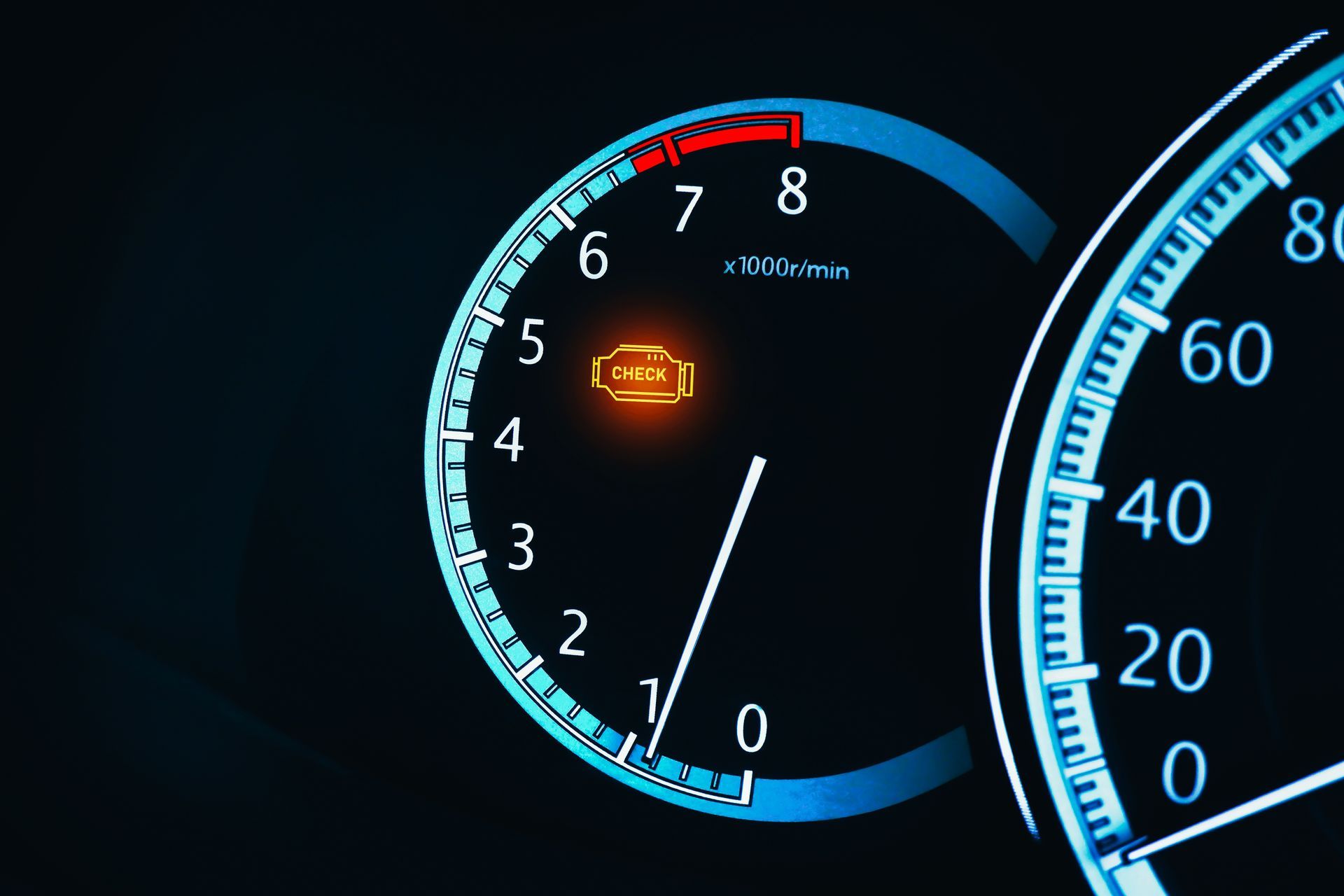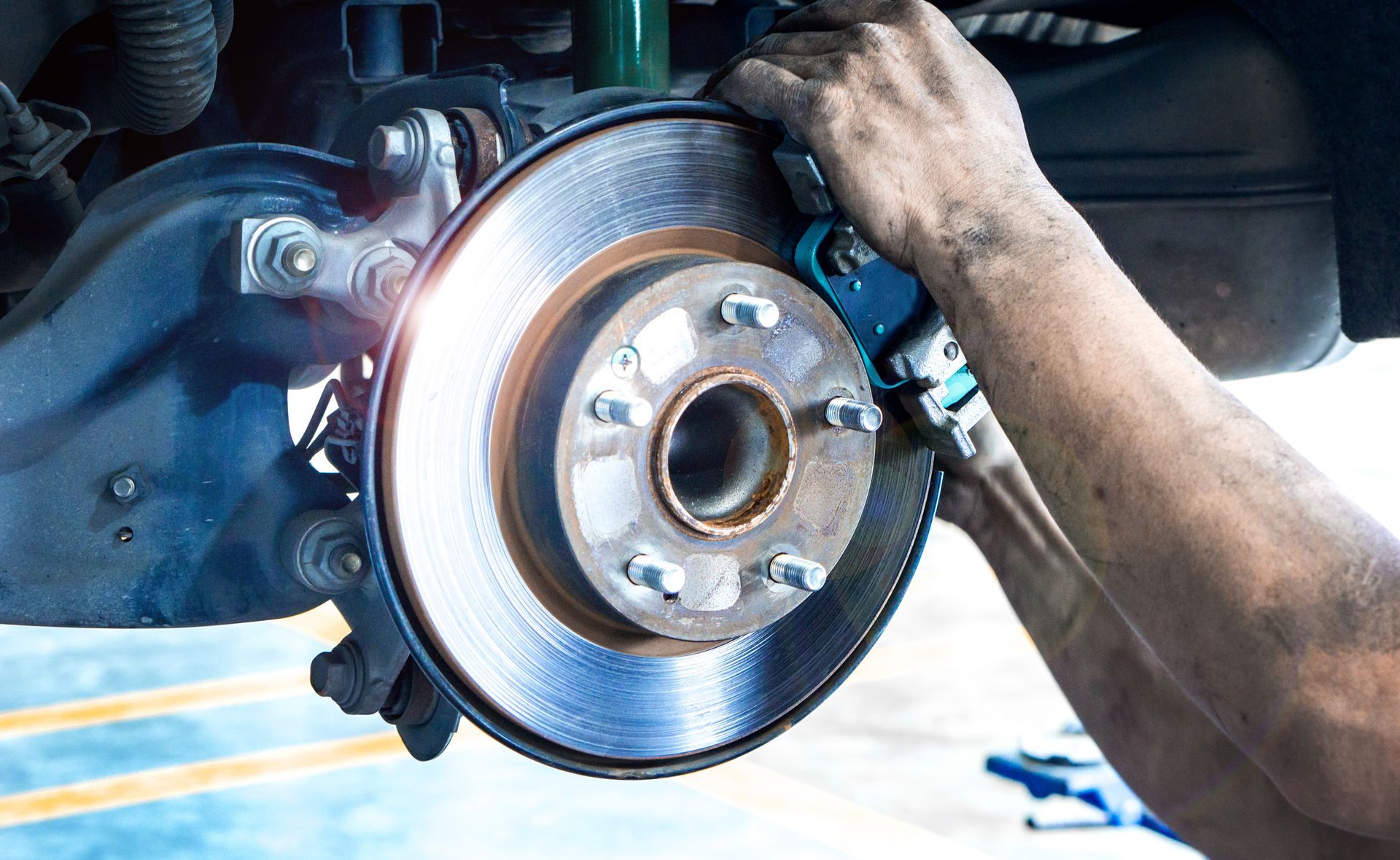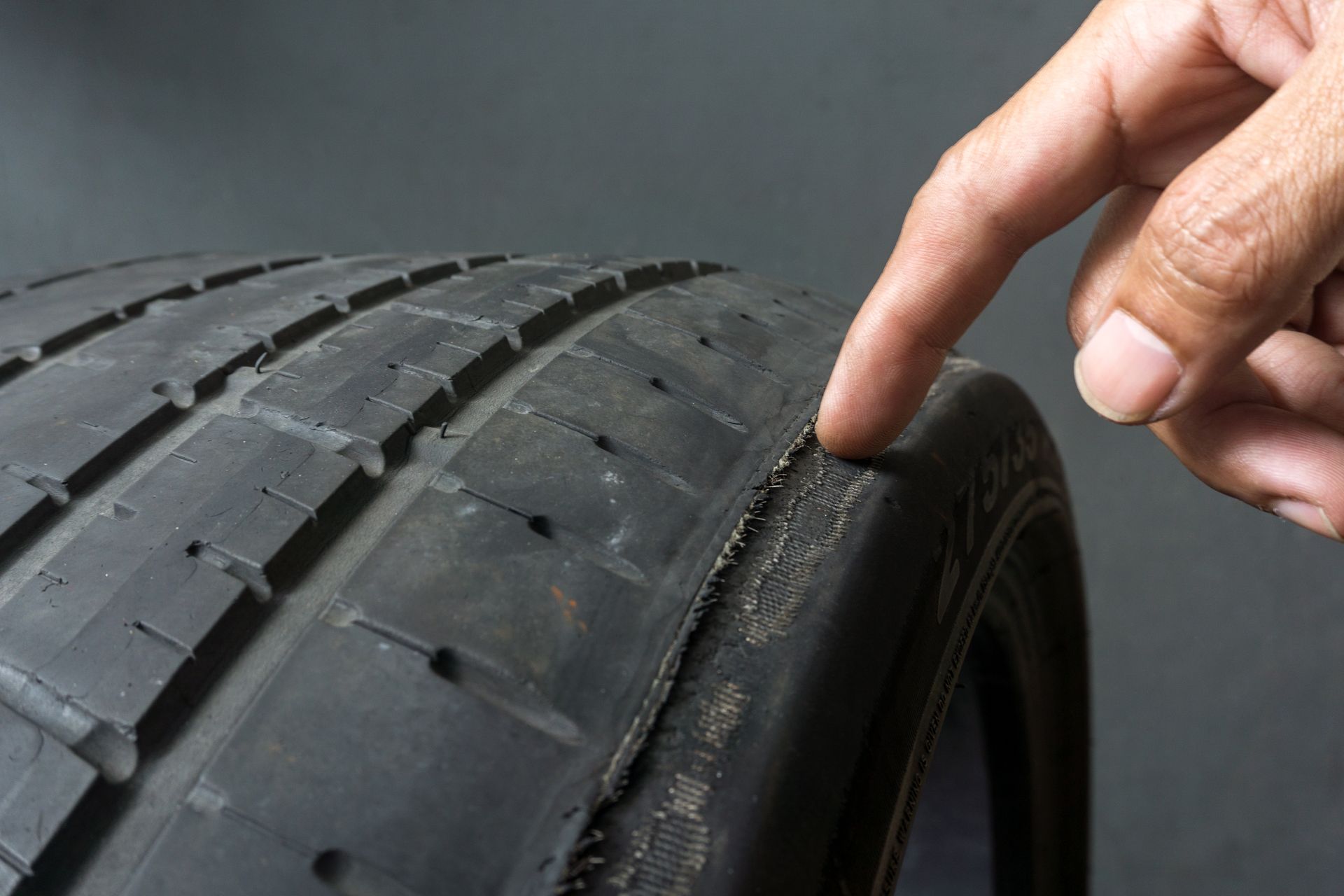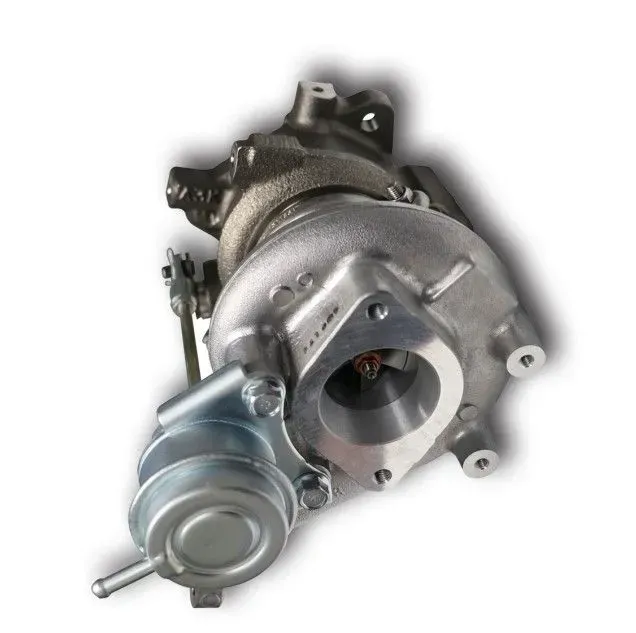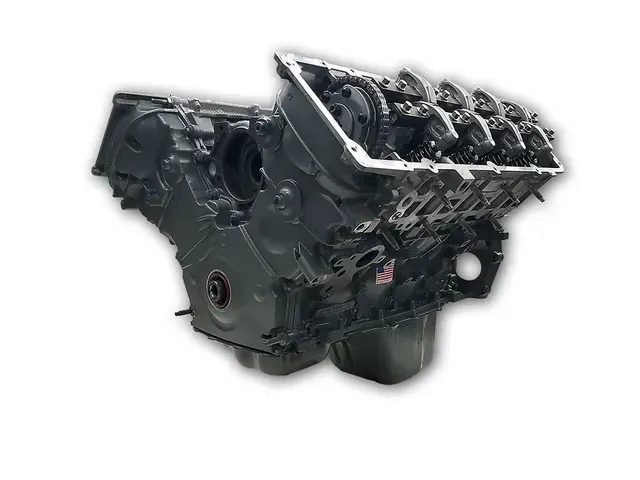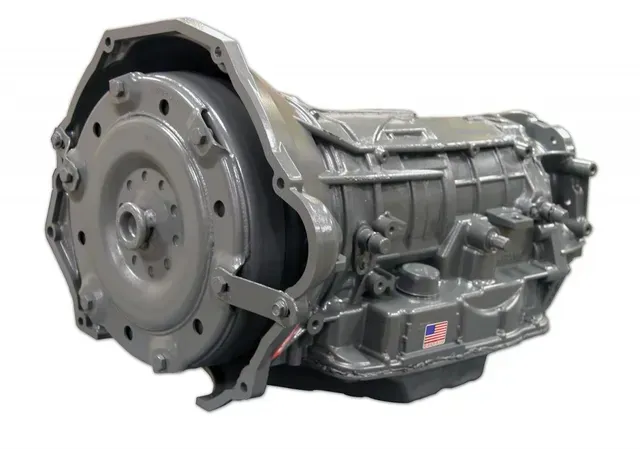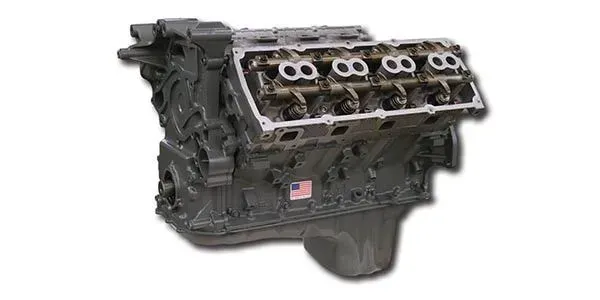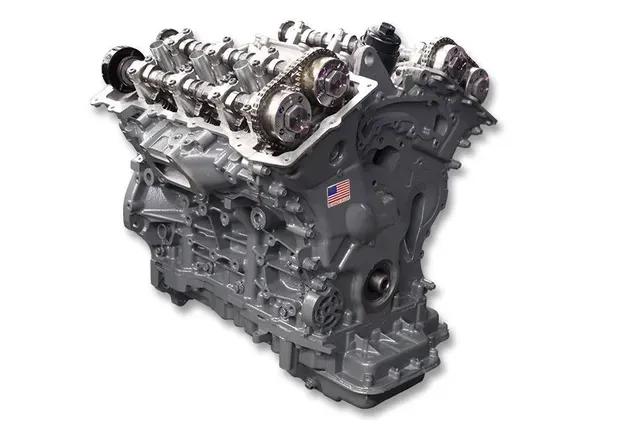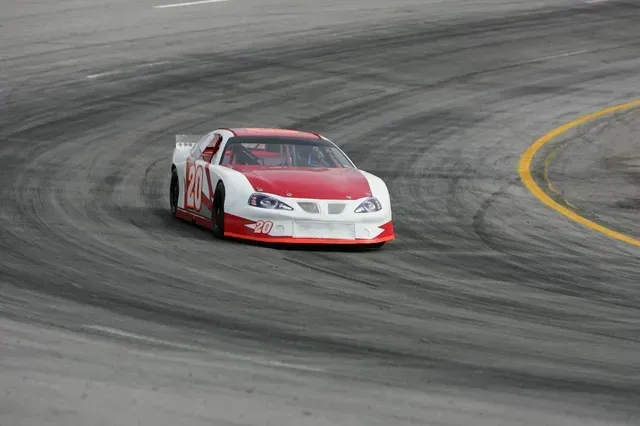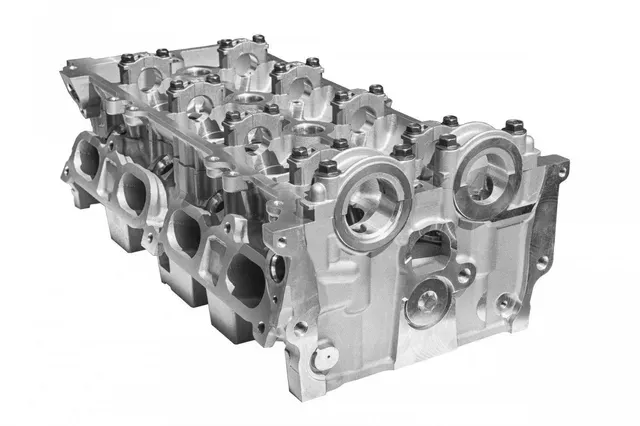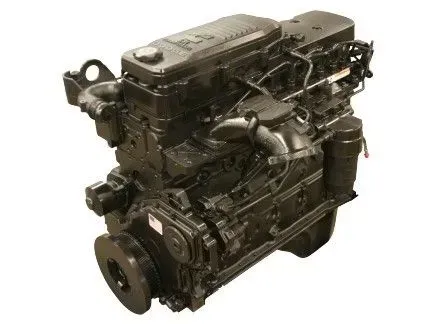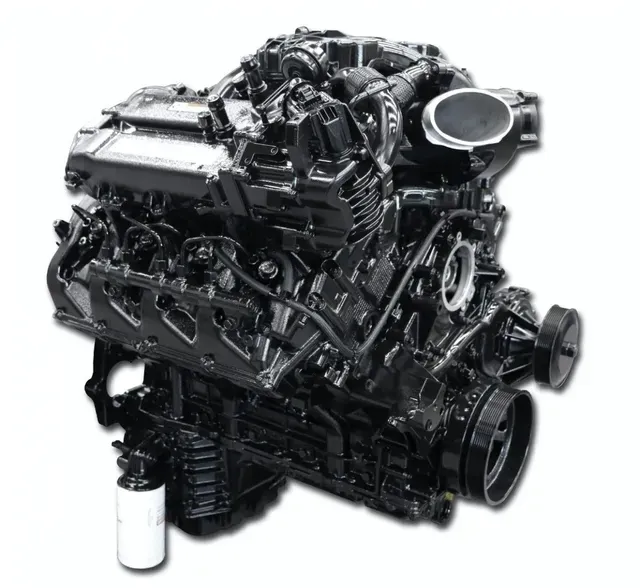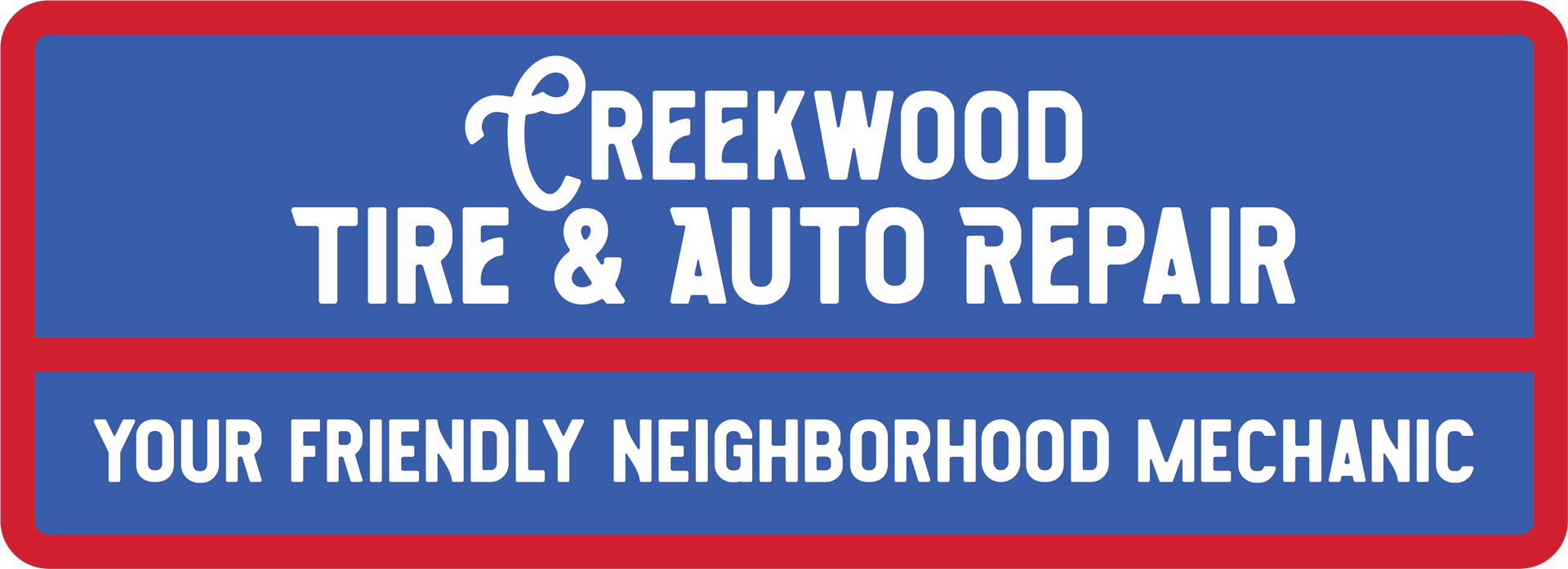April 15, 2025
Your brakes are one of the most important safety systems in your vehicle—but they’re also one of the easiest to overlook. They don’t have a service light like your oil or tire pressure, and when they start to wear out, the signs often come on slowly. At Creekwood Tire & Auto Repair in Lenoir City, we help drivers every day who waited just a little too long to get their brakes checked. The good news is that most brake issues are easy to fix—if you catch them early. Waiting too long can lead to more expensive repairs or, worse, compromised safety. Here’s how to spot the warning signs and when to bring your vehicle in for a brake inspection. 1. Squeaking or Squealing Sounds This is often the first thing people notice. Most modern brake pads have a built-in wear indicator that makes a high-pitched noise when the pads are getting low. It’s your car’s way of telling you it’s time to get them replaced before they wear down to the metal. 2. Grinding Noises If you’re hearing a grinding sound when you hit the brakes, that usually means the brake pads are completely worn through. At this point, you’re likely damaging the rotors, which can add more cost to the repair. Grinding is a sign that the brake service can’t wait any longer. 3. Longer Stopping Distances If your car takes longer to stop than it used to, or if you need to press the pedal harder than normal, something isn’t right. It could be worn pads, air in the brake lines, or even a failing master cylinder. Whatever the cause, a delay in stopping is a clear sign that your braking power is reduced. 4. Pulling to One Side While Braking If your car pulls left or right when you brake, it could be a stuck caliper, uneven pad wear, or a brake fluid issue. Not only is this uncomfortable—it can also affect your ability to stay in control during sudden stops or bad weather. 5. A Soft or Spongy Brake Pedal Your brake pedal should feel firm and responsive. If it feels soft, sinks slowly to the floor, or requires pumping, that’s often a sign of a leak in the brake system or air in the lines. Either one is a serious safety concern and should be inspected immediately. 6. Vibration or Pulsation When Braking If your steering wheel or brake pedal shakes when slowing down, your rotors could be warped. This can happen over time from heat, heavy use, or uneven pad wear. Warped rotors can still stop your car, but they reduce overall control and comfort—and they’ll only get worse over time. 7. Brake Light on the Dashboard Some vehicles have a brake warning light that comes on when there’s a problem with the system or if the brake fluid is low. If you see that light, don’t ignore it. It means your car is trying to alert you to a problem that needs attention. Why Brake Service Matters More in Lenoir City’s Seasonal Conditions From rainy spring roads to busy summer traffic and hilly terrain in parts of East Tennessee, your brakes go through a lot. They’re constantly adjusting to speed changes, road conditions, and elevation. Even if they seem to be working fine, wear can happen faster than you think. Scheduling routine inspections—especially if your vehicle is used for commuting, travel, or carrying extra weight—can make a big difference in staying ahead of costly repairs and avoiding roadside issues. What Happens During a Brake Inspection at Creekwood When you bring your vehicle to us for brake service, we’ll do more than just glance at the pads. Our technicians: Inspect pads and rotors for wear and heat damage Check for brake fluid condition and leaks Examine the calipers, hoses, and brake lines Test pedal feel and braking performance If we spot anything that needs attention, we’ll explain it clearly, walk you through your options, and let you know the cost before doing any work. Final Thoughts Your brakes are the last thing you want to second-guess when you’re on the road. If you’ve noticed unusual sounds, pulling, or reduced stopping power, don’t wait to get them checked. Most brake problems start small and are easy to fix—if you catch them early. Bring your vehicle to Creekwood Tire & Auto Repair in Lenoir City and let our team keep your braking system in top condition. It’s one of the easiest ways to stay safe on the road—and avoid a more expensive repair later.
